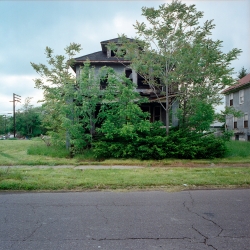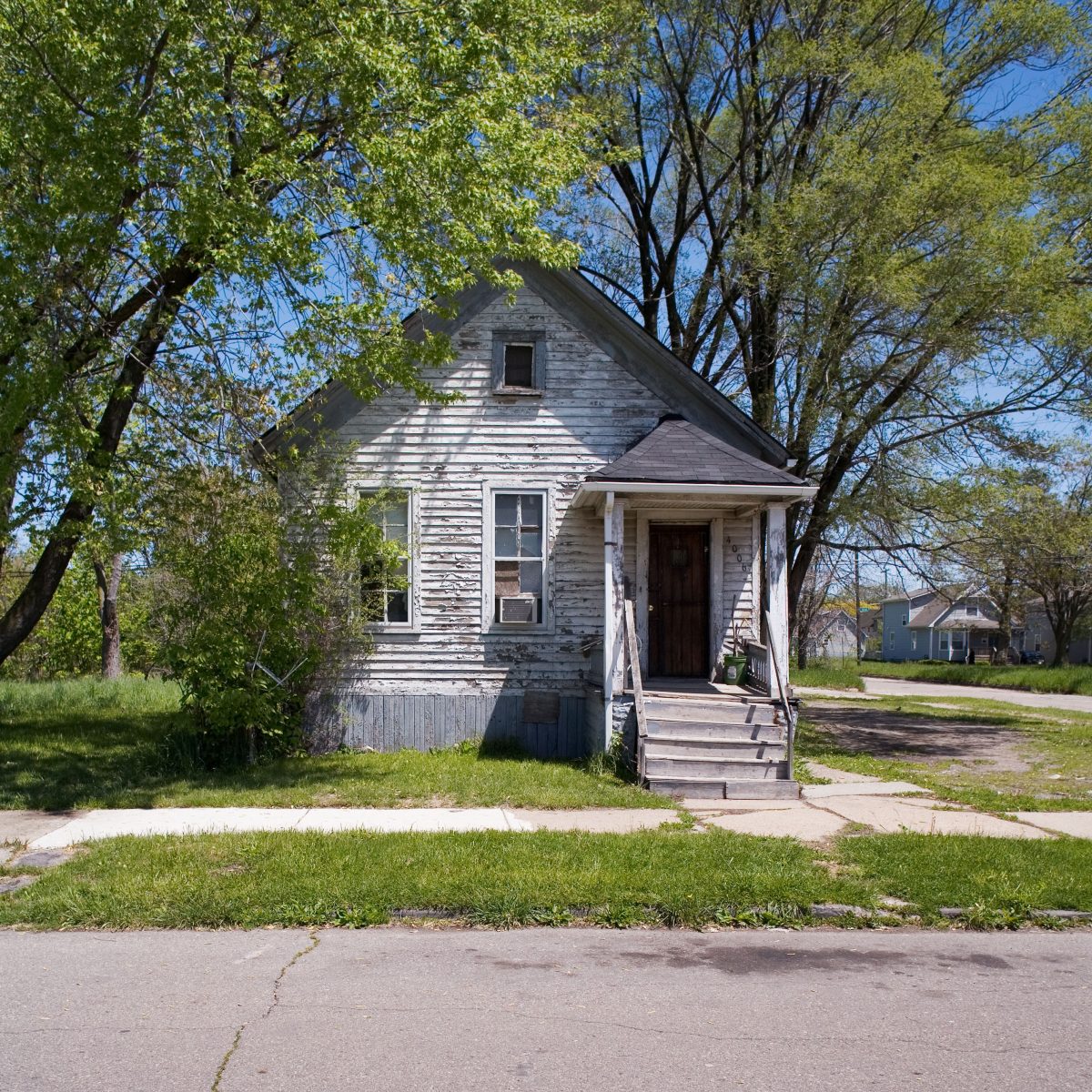Michigan’s foreclosure problem, like in so many other states, is huge. And like with so many other issues no one seems to be able to agree on any possible solutions. The primary question seems to be, who do we bail out? Why do we have to bail anyone out? Because, number one, spending our money is what the government does when there’s a problem. We should all know that by now. Secondly, and more importantly though, bail out or no bail out, we’ll all pay one way or another.
Let’s look at the root of the problem first. Lenders lent too much too easily to too many people. Borrowers borrowed too much, with too little down, and without the means to pay it back. Investors bought these bad loans, without due diligence. Builders built too much, speculators speculated too much, and our entire economy became too reliant on this house of cards. Everyone thought the party would never end. Everyone either fed into, or bought into (o.k., I didn’t, but it seems everyone else did) the idea that housing prices could not go down.
Several years ago, I was told by an employee of a developer, who was then developing housing out in the middle of nowhere, outside of, Metro Detroit that there was no end to the demand. When I asked were everyone was coming from (knowing that Michigan, at the time, had one of the lowest rates of population growth), she replied, “they’re coming from older, closer in suburbs.” As if that could go on indefinitely. Who was buying their houses? Eventually, you need a growing population to fulfill the needs of a growing stock of housing developments. Without it, it’s unsustainable. An unrealistic, and decidedly Pollyannaish, view of the market, combined with a bad economy created Michigan’s housing disaster. Of course the market’s crashing everywhere, not just in Michigan. In other places the speculation got out of hand, prices were driven up to unaffordable rates, and people were sold, or bought (depends on your perspective) bad mortgages. Different cause, same result.
Nobody wants to bail out those who made foolish decisions, but it seems all parties involved made poor decisions. If I am a lender, and lend my money to too many, who, with bad credit, and meager income, have little realistic chance of paying back, I’m at fault, and I deserve to lose that money. Even more so if I’ve convinced borrowers, and purchasers of the loans I make, that it’s a good deal, there’s nothing, to worry about, and we’re all going to get rich doing it.
If I’m a borrower, and I borrow an amount I can’t afford, with the crazy assumption that the 25% annual gains will continue, and I’ll refinance my way out of my negative amortization loan, then I deserve to lose my house.
If I’m an investor, and I foolishly invest money in SIVs, without investigating them first, I deserve to lose my money.
If I’m a developer, and I develop in a community with high vacancy rates, an unstable economy, more housing units than residents, or other obvious signs of trouble, and I fail to head the warnings, I deserve to lose my money.
Unfortunately, we don’t just have one of these groups in trouble, we have all of them in trouble. And when they are all in trouble, we are all in trouble. So the question, is, as was asked at the top, who do we bail out. Right now the politicians are working on various bills for each of these groups, and of course we’ve already bailed out Bear Sterns. Just wait there’s more to come.
This is where the blame game starts. If you fit into one of the above categories, it’s not your fault. It’s the fault of parties in the other groups. Which ever group has the most money, and the best lobbyists wins (gets the bail out).
I don’t know what the answer is, I only know there’s going to be pain, and lots of it. One thing we do need, is to keep as many people in their houses as possible. I know that I don’t want vacant houses around my neighborhood. High numbers of vacant houses do no one any good. So why is it there is so much reporting about lending banks not responding to borrowers who are in over their heads? Why are so many houses being foreclosed on? What do the banks think they’re going to get for vacant, often vandalized homes in, largely, vacant areas of our nation’s cities? Who in their right mind is going to buy a house in an urban area of Detroit, in a market with declining values, when the houses around you look like this:
We shouldn’t cut off our noses, to spite our faces. Forcing people out of their houses because they made bad choices only works if it’s just a few people. When the number about to lose their houses becomes large enough, it’s not just their problem anymore, it becomes our problem.

